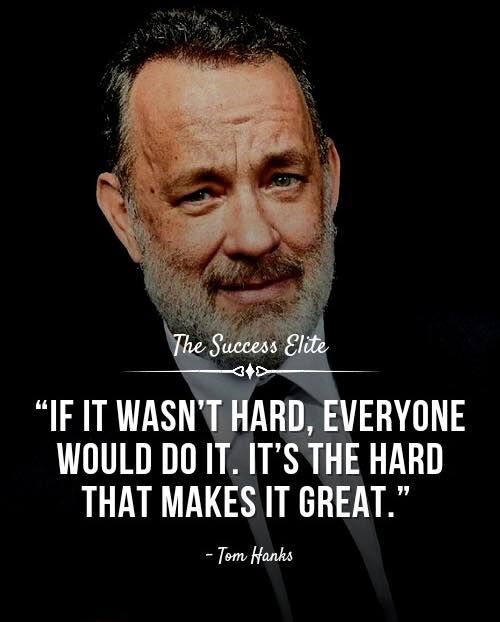
After talking about presentations yesterday, I’ve spent a long time presenting with slides. The slides help to tell the stories. Moving from slides with lots of text and bullet points to slides with pictures was my thing. Then slide decks with embedded video became a thing. Now, presentations with GIFs, video, pictures, text and a whole mess of other stuff is the thing.
Until the pandemic came, I used presentation slides a lot. I’d dropped the video, and only use video today if it emphasises and enhances the point I'm trying to make. Similarly, due to making so many presentations over so many years - yes, I'm old - it means I have a huge number of different slide decks. In all, there must be around 10,000 slides for me to choose from, although many have lost meaning over time, as I cannot remember what point I was making about that picture.
But then the pandemic came, and we moved to virtual presentations.
Now, if you’re having an internal meeting about an internal project that requires a review of facts, figures, timelines and plans, slides are useful and needed. On the other hand, if you’re trying to present an interesting presentation to an audience of people sitting at their desks, I find it much harder. The reason? First, everyone is seeing each other face-to-face; second, fiddling with sharing screens and pressing buttons distract from the audience engagement, as you lose the eye-to-eye contact.
Funnily enough, I was moving this way before lockdown, but now it’s become my main modus operandi, namely to present without slides. Some conference organisers tell me that this is not good. You need slides to keep attention and interest. My response was that messing about sharing screens and being a tiny head loses my attention and interest.
It is much more comfortable presenting online by talking key points which, if you know how to do a decent presentation, is easy:
Tell them what you’re going to say, say it and then tell them what you said
The thing is, if you drop the slides, do people get the point? I think they do. After all, JFK didn’t have slides when he said “Ask not what your country can do for you – ask what you can do for your country”. Martin Luther King didn’t have PowerPoint when he said he had a dream. Nelson Mandela has many quotable quotes, particularly this one that is in my heart:
“No one is born hating another person because of the colour of his skin, or his background, or his religion. People must learn to hate, and if they can learn to hate, they can be taught to love, for love comes more naturally to the human heart than its opposite.”
I just shared the other day a quote from Tom Hanks that’s short and sweet:
… which has had lots of likes.
So in this debate about the use of presentation slides, they’re fine for internal detailed discussions about plans but, for a stage or virtual delivery, think about why they’re there. More importantly, think about what impact they have on the people receiving the message: are they needed for them or for you?
My own preference today is to use slides to leave people with the key points I’m making if on a big stage and to just talk if I’m in a virtual room.
Meantime, here’s my favourite quotes from folks with no slides:
“Innovation distinguishes between a leader and a follower.” Steve Jobs
“You should learn from your competitor but never copy. Copy and you die.” Jack Ma
“You must be the change you wish to see in the world.” Mahatma Gandhi
“Change will not come if we wait for some other person or some other time. We are the ones we've been waiting for. We are the change that we seek.” Barack Obama
“Ping-pong was invented on the dining tables of England in the 19th century, and it was called Wiff-waff! And there, I think, you have the difference between us and the rest of the world. Other nations, looked at a dining table and saw an opportunity to have dinner; we looked at it and saw an opportunity to play Wiff-waff.” Boris Johnson
“I hate quotations. Tell me what you know.” Ralph Waldo Emerson
Chris M Skinner
Chris Skinner is best known as an independent commentator on the financial markets through his blog, TheFinanser.com, as author of the bestselling book Digital Bank, and Chair of the European networking forum the Financial Services Club. He has been voted one of the most influential people in banking by The Financial Brand (as well as one of the best blogs), a FinTech Titan (Next Bank), one of the Fintech Leaders you need to follow (City AM, Deluxe and Jax Finance), as well as one of the Top 40 most influential people in financial technology by the Wall Street Journal's Financial News. To learn more click here...


